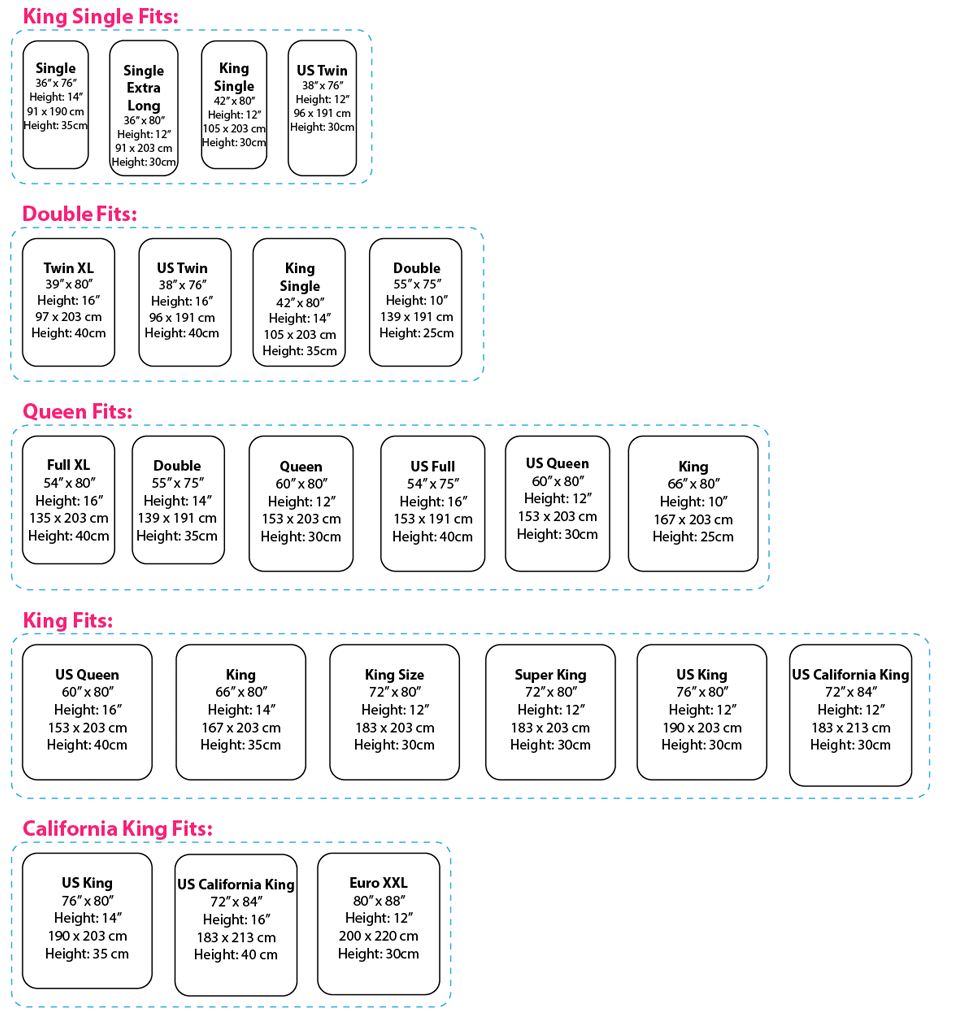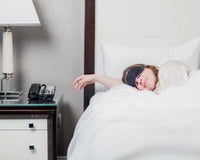March 10th to 16th is the National Sleep Foundation’s annual Sleep Awareness Week and Team helmii are getting right behind it!
Many of us here in the UAE dream (quite literally) of that magic eight hours of sleep a night. But how realistic is it given the demands of a typical, modern, everyday life? Between work, family, travel and common illnesses, it’s no surprise that millions struggle with sleep problems for most of their lives
Experts at the US-based National Sleep Foundation work tirelessly to promote the importance of good sleep habits and how to get a better night’s kip. Their research is widely acclaimed and is used by medical professionals around the world to help patients suffering with a whole range of sleep-related issues.

So how much sleep are those in-the-know telling us that we actually need?
The National Sleep Foundation (NSF)’s website says; “Most of us know that getting a good night’s sleep is important, but too few of us actually make those eight or so hours between the sheets a priority. For many of us with sleep debt, we’ve forgotten what ‘being really, truly rested’ feels like.
“To further complicate matters, stimulants like coffee and energy drinks, alarm clocks, and external lights—including those from electronic devices—interferes with our ‘circadian rhythm’ or natural sleep/wake cycle.
“Sleep needs vary across ages and are especially impacted by lifestyle and health. To determine how much sleep you need, it's important to assess not only where you fall on the ‘sleep needs spectrum,’ but also to examine what lifestyle factors are affecting the quality and quantity of your sleep such as work schedules and stress.
“Though research cannot pinpoint an exact amount of sleep need by people at different ages, our new chart, which features minimum and maximum ranges for health as well as ‘recommended’ windows, identifies the ‘rule-of-thumb’ amounts experts agree upon.”
The NSF’s latest Sleep In America® poll, published at the start of Sleep Awareness Week 2019, revealed the new guideline ideal number of hours are as follows:
- Newborns (0-3 months): 14-17 hours
- Infants (4-11 months): 12-15 hours
- Toddlers (1-2 years): 11-14 hours
- Pre-schoolers (3-5): 10-13 hours
- School age children (6-13): 9-11 hours
- Teenagers (14-17): 8-10 hours
- Younger adults (18-25): 7-9 hours
- Adults (26-64): 7-9 hours
- Older adults (65+): 7-8 hours
[Source: www.sleepfoundation.org].
So, are you managing to live up to these recommendations? Do you have any tips or tricks to share? Sleep hacks we haven’t thought of? Or are you one of the lucky ones who only seem to need a few hours of uninterrupted shut-eye to get you through the day? Feel free to comment below – we would love to hear from you!
[ About the Sleep in America® Poll
The Sleep in America poll is the National Sleep Foundation’s premier annual review of specific sleep topics in America. The poll was first conducted in 1991 and was most recently produced by Langer Research Associates. The 2019 poll, administered alongside the Sleep Health Index, explored the importance of a consistent sleep schedule and effects on sleep health. About the Sleep Health Index®. The Sleep Health Index is a quarterly fielded, nationally representative survey of American adults; it tracks trends and chronicles our nation’s sleep health over time. The full report of results was produced by Langer Research Associates. For more information on the methodology, go to the National Sleep Foundation’s website.]







